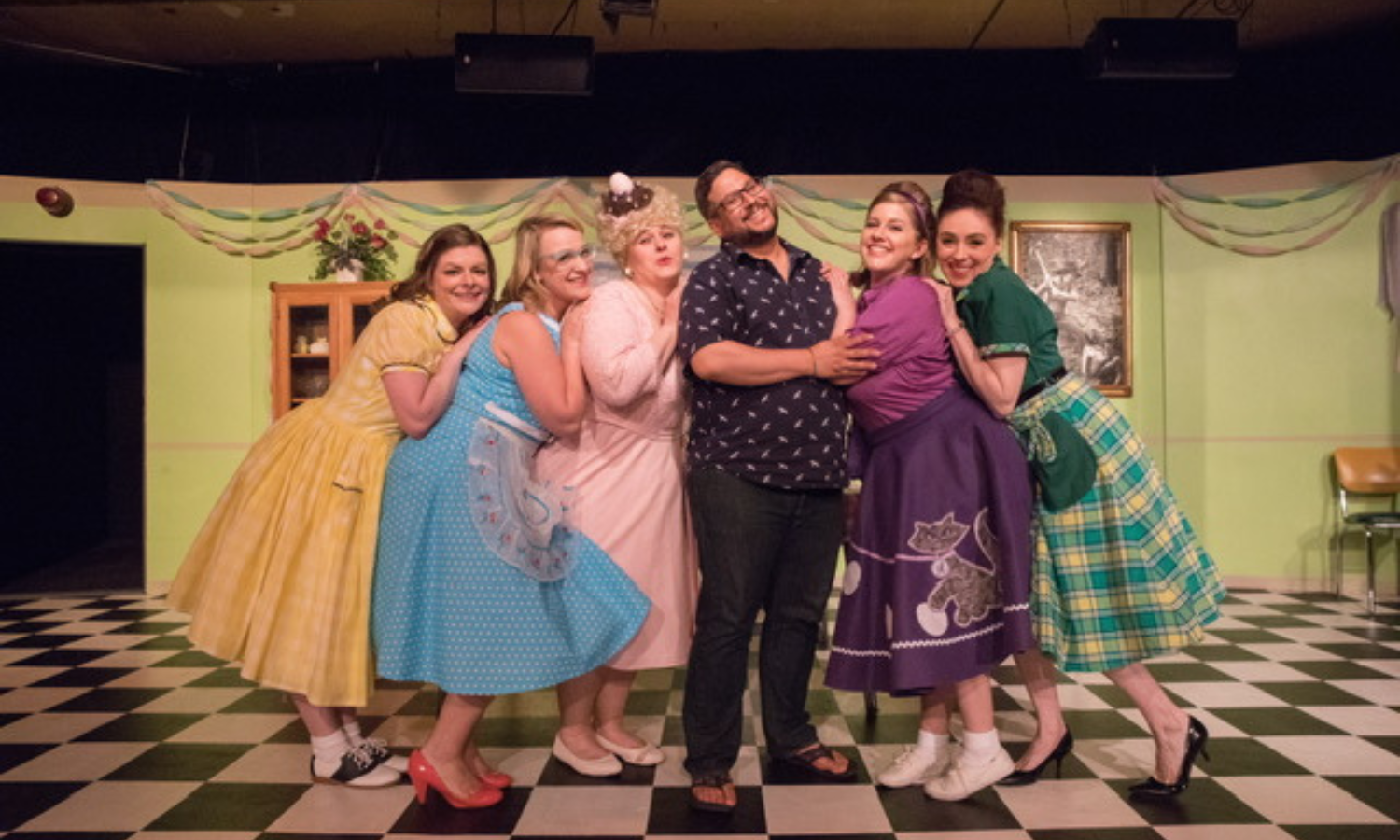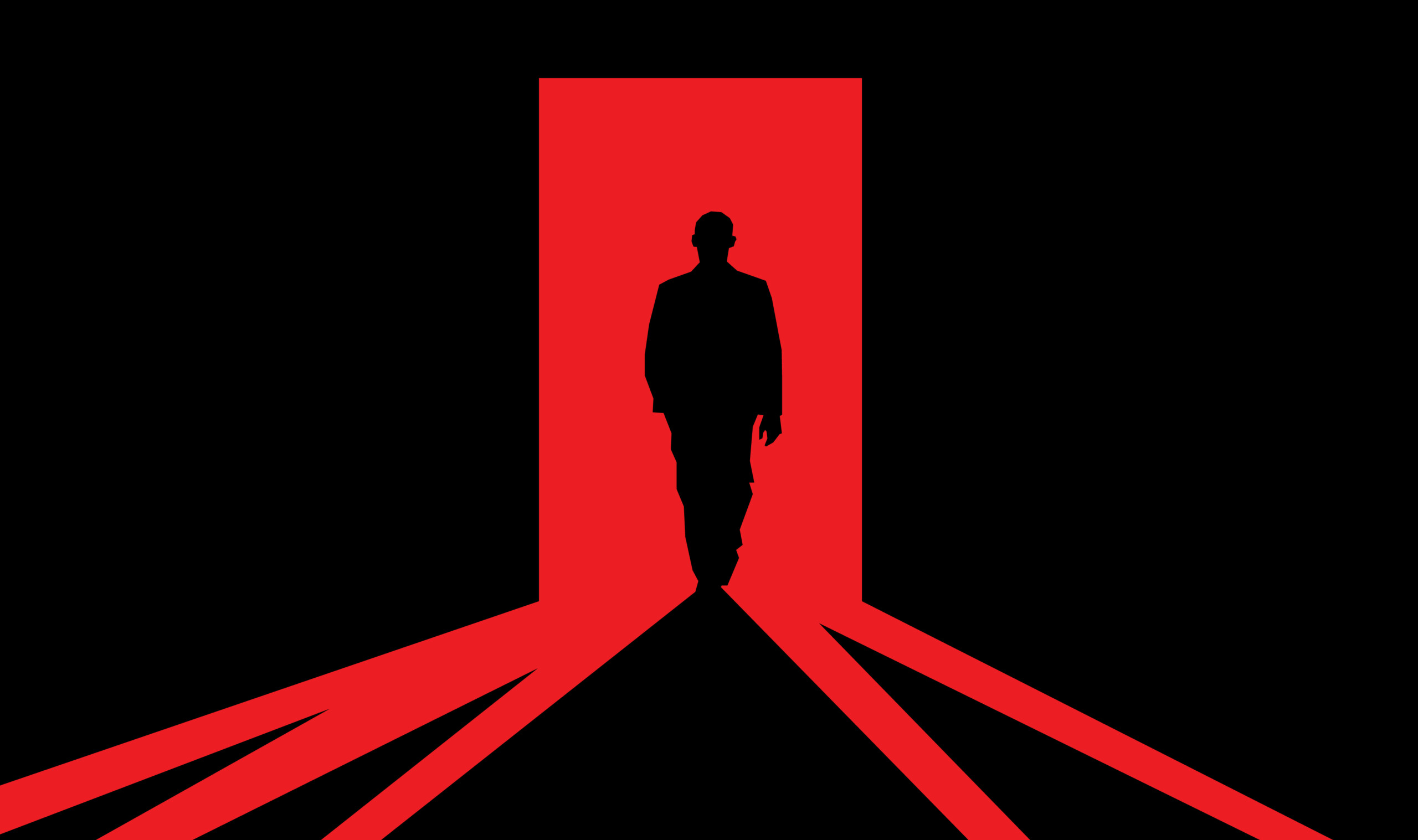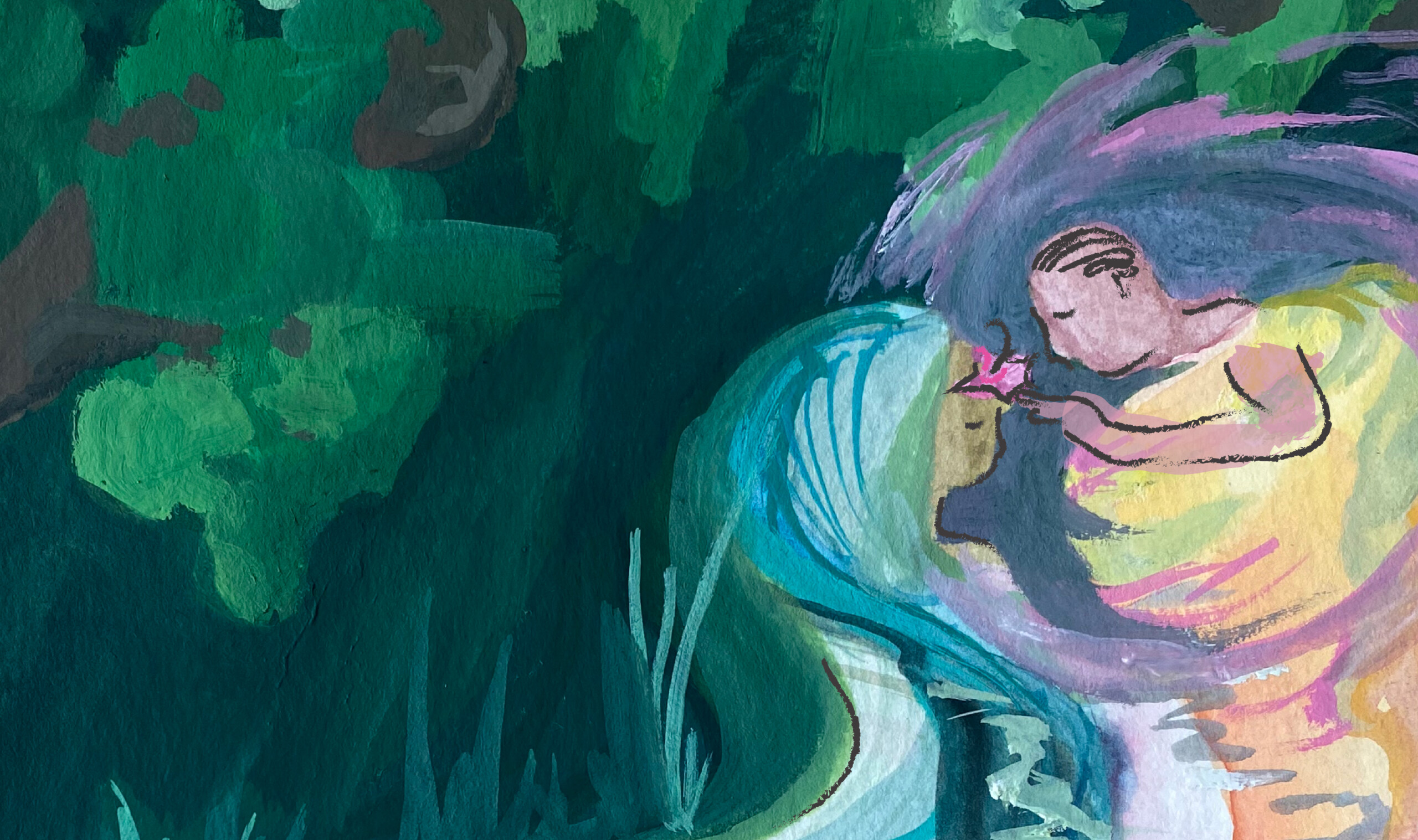Alumni Stories: Kyle Baiz – A Journey of a Theater Enthusiast
Meet Kyle Baiz, a 2002 graduate of theatre performance of Cornish College of the Arts, whose career in theater exemplifies the value of interdisciplinary study and dedication to the arts. Growing up in California and drawn to the vibrant artistic community in Seattle, Kyle’s journey has taken him from aspiring performer to influential company manager at Village Theatre. Along the way, he co-founded the Fantastic Z Theatre Company, creating a vital space for queer voices in the arts.
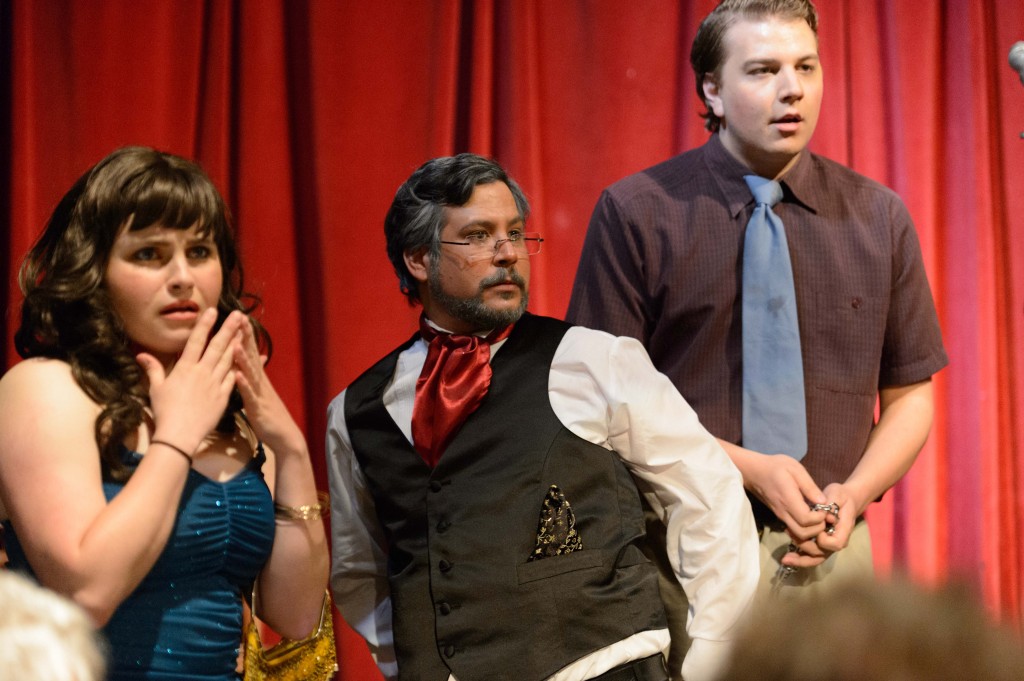
Q: What year did you graduate from Cornish?
A: I graduated in 2002. It was really fun and a unique experience. My brother often tells the story of my graduation because our commencement speaker was a woman with minimal affiliation with Cornish who performed vocal throat singing. To someone unfamiliar with that, like my brother, it was quite amusing. He tried not to laugh, and I thought, “Welcome to graduation from art school. You have a vocal singer!” Then, the gamelan kids played their bells. It was an unexpected but proud moment, especially as I was the first person in my family to graduate from college.
Q: Where are you from and what drew you to attend Cornish?
A: I grew up in California. Cornish wasn’t on my radar initially. I think I received a flyer about the opportunities at Cornish and upcoming auditions. That was my first introduction to the school. Seattle was very appealing; it was close enough to home for holidays but far enough for independence. The marketing really drew me in, and the more I learned about Cornish, especially their BFA program and the student-to-teacher ratio, the more I felt it was the right fit. The curriculum was advanced and included everything I wanted to learn that wasn’t available to me in high school. I was involved in community theater in San Jose, and Cornish’s curriculum seemed perfectly tailored to my interests.
Q: What discipline did you focus on when you attended Cornish, and how did that evolve during your time as a student?
A: I focused on theater with an emphasis on musical theater. Initially, like many theater artists, I wanted to be a star on Broadway. Although Cornish didn’t offer a musical theater major at the time, they did offer an emphasis, which included dance and music lessons. I took private voice lessons and dance classes each semester. I appreciate that Cornish now has a more robust musical theater program. Despite the lack of a direct musical theater major, my experience at Cornish fostered a huge appreciation for original works. As I advanced through school, my interests expanded to include directing and producing. By senior year, I was more interested in supporting the art itself than being the shining star.
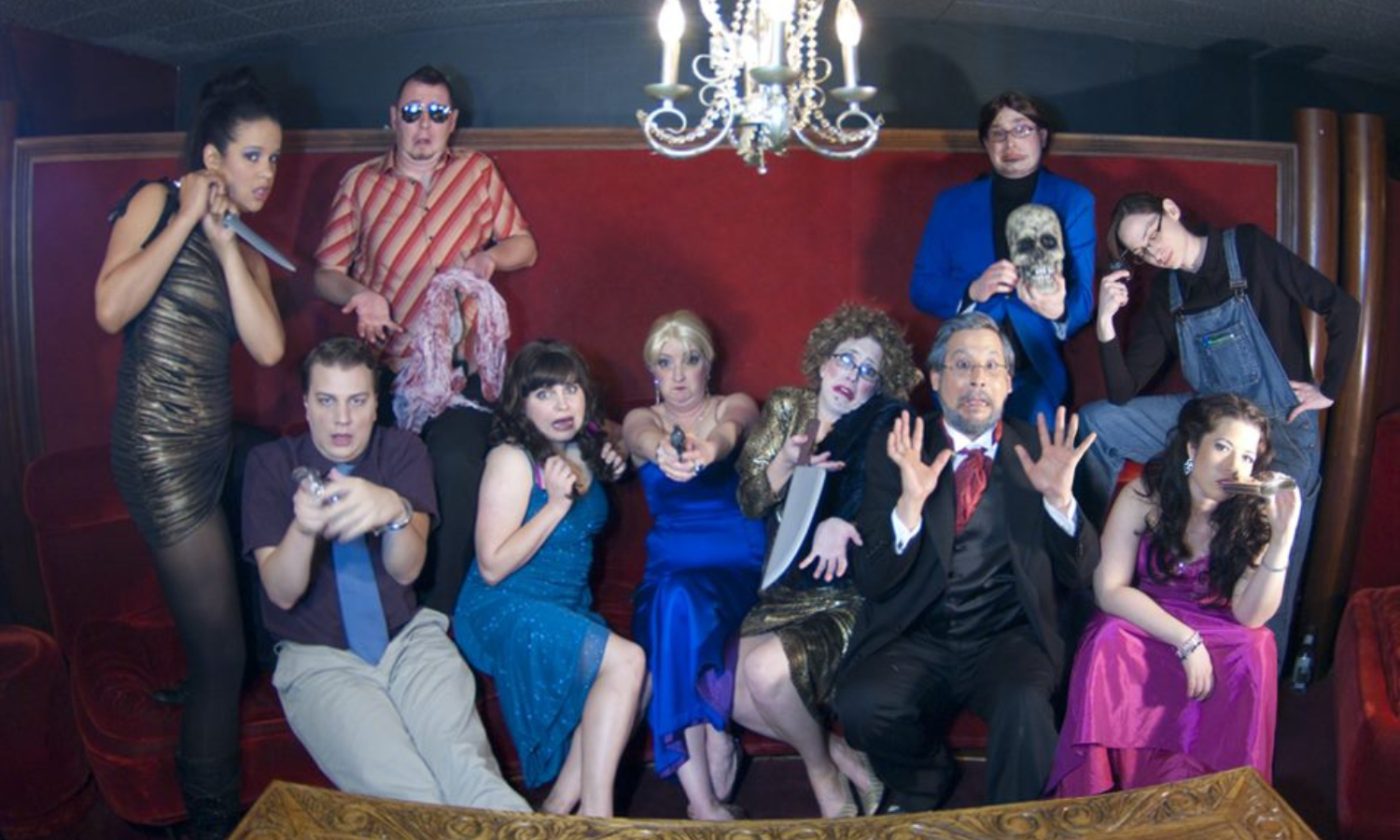
Q: How did Cornish prepare you for your career as an artist?
A: Great! Yeah, I’m currently the company manager at Village Theatre, so I basically work on the production side of the machine. I am in support of our artists, primarily the actors, as far as their contracts go with Actors’ Equity and also the logistics of any of our artists who travel to come see us. Basically, I really approach my role as being responsible for setting a tone in a room, in a space in the theatre.
Coming from my own personal background, when I graduated from Cornish, I looked around, and there were no more queer theatres. There used to be a handful of them that were consistently doing queer work or work by queer artists, and they had just fizzled away by the time I had graduated. So we saw a need and filled a void. My business partner, Darren Johnson, who I also went to school with and graduated with, and I started Fantastic Z Theatre Company to fill that void. We focused purely on queer work, works by queer individuals, and basically queer voices through the art of theatre. We ran that company for 12 years until COVID.
When COVID came around, it was a time for me to reflect. I had devoted so much of my time and energy, 12 years of my life, to creating this entity, creating this space where queer people could feel comfortable, welcome, and brave to do the work that wasn’t being represented. Now, 12 years later, the work is being represented. You have big houses like The Rep doing queer shows or whatnot, so the voice was loud and proud. As COVID hit and kind of took the rug from underneath us, I took that as a sign that it was time to step away from it. Sometimes I think, “What if we were still running it? What if it was still happening?” But instead of living in that past, I bring that energy into the job I do now. The same energy where I was creating a space where people felt comfortable and welcome to do their best work as an Artistic Director for a fringe theatre company, I now do it as a company manager for an equity house.
So, I feel like it ended up translating in a way that I never expected as a young artist. As a young artist, I thought I was going to be in the limelight, in the spotlight, right? And then I found out that no, really, my place is to create space and room for marginalized individuals to be brave enough to show their art. I’m glad that’s where I landed.
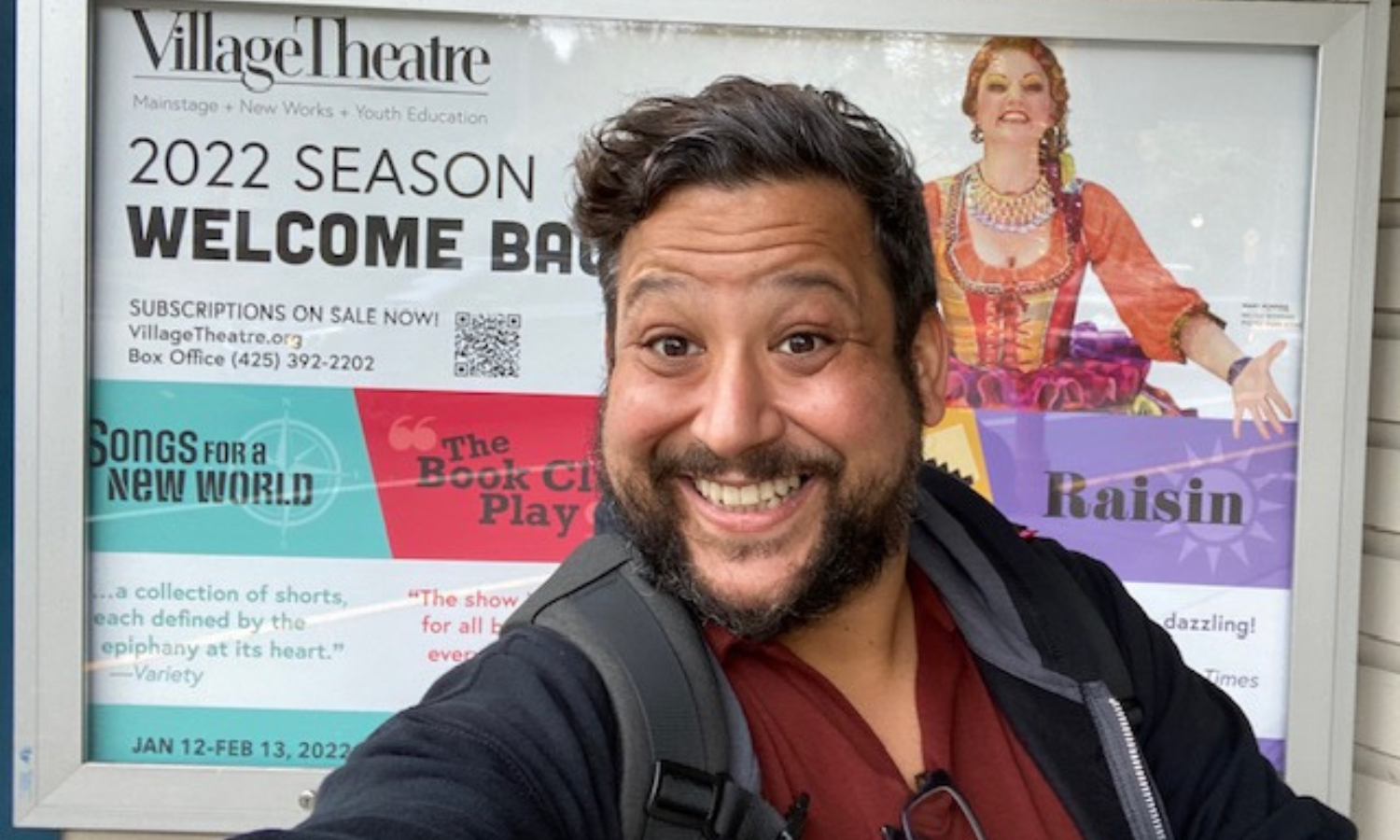
Q:What does the term multidisciplinary or interdisciplinary mean to you? How has it applied to and helped your career as an artist?
A: Multidisciplinary work has helped tremendously because I keep saying yes. I’m not limiting myself to one track. For instance, I thought I might be good at directing, so I pursued opportunities, honed my skills, and developed my craft. In our industry, we often joke about being an actor/model/dancer, but those slashes are real for me. I love having multiple slashes because each one represents growth and new skills.
As a teaching artist, for example, I never expected to land in that role, but it has become another slash in my career. At Cornish, I had the opportunity to explore various aspects of theater. While I wasn’t confident enough to add dancer to my list, I did embrace roles as an actor, singer, arts administrator, director, and teaching artist. Cornish is great at allowing students to have multiple influences on their artistry. I love that the curriculum now includes even more diverse experiences, like music and dance, alongside theater.
Having these different perspectives is crucial. You might specialize in music, theater, or fine art, but gaining insight from other disciplines enriches your main focus.
Q: How have you utilized your alumni connections as a student and as an alumnus?
A: I have been blessed with lifelong friendships with many of my classmates and have had the joy of collaborating with so many of them through the years. Alumni like, Darren Johnson (who co- founded Fantastic.Z alongside myself), Nicole Beerman, Freddy Molitch, Marquicia Dominguez, Keny , Nelle Tankus, Mallory Avidon and so many others who I met while going to Cornish or who graduated after me. And working alongside my teachers like Timothy McCuen Piggee & Sheila Daniels many years after graduating has brought me much joy.
Q: How excited are you for the future of Cornish as we celebrate the 110-year anniversary?
A: That’s a great question! Since I first walked through Cornish’s doors in 1998, the school has never been content to rest on its laurels. It’s always been in a state of motion and change.
I’m excited to see Cornish break the tape at the end of the race and start getting the national recognition it deserves. I would love to see it gain more cachet and continue to push forward while staying true to its roots.
Q: If you could share one piece of advice for newly admitted students, what would it be? And for current students at Cornish?
A: Never stop saying yes to opportunities that come your way. You never know which door that will open for you. At Cornish, you’ll be presented with numerous chances to explore different disciplines, collaborate on projects, and connect with a diverse community of artists. Embrace every chance to learn something new and step out of your comfort zone. Each experience, whether it seems directly related to your main focus or not, will contribute to your growth as an artist and as a person. Keep an open mind, be adaptable, and take full advantage of everything Cornish has to offer. The unexpected paths can often lead to the most rewarding and transformative experiences.
Q: What else would you like to share with the community? Where can people find your work?
A: I don’t have a huge online presence these days as social media has been overwhelming since the pandemic. I occasionally post on Instagram, but my focus has shifted towards the administrative side of the arts. I’ve been slowly returning to the theater as a patron and supporting friends in their artistic endeavors.People can reach out to me for collaboration, especially if it involves queer or marginalized artists’ work, new generative art, or ensemble projects. I’m interested in bringing joy back into the creative process. For collaborations or support, you can find me on Instagram at @KyleABaiz or email me at kylebaiz@gmail.com. I’m open for business and ready to contribute to exciting new projects!
Written by Marvin Henderson
